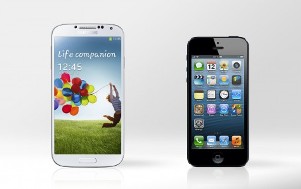For most of us, the ability to see is something that we take for granted, but could not live without. For nearly 300 million other people, the notion of sight is merely a fantastical dream, something that can only be imagined. But the days of permanent blindness are numbered. Through the marvels of modern technology, those who have lost their sight due to retinal disorders – such as age related macular degeneration – may soon be able see objects and even large text.
The current method is a bionic eye, or retinal implant, which is a battery operated implant connected to the retina through electrodes and battery, connected by a wire that is fitted behind the ear. On early UK trials of the device, this has enabled some completely blind patients to recognise light and even perceive objects.
A newer development, however, is in a pair of hi-tech spectacles. Similar to a solar panel placed over the retina, the patient can wear a pair of glasses fitted with a special camera that will pick up images from the persons eye line, and then fire beams of infrared light at a microchip, which then sends image signals towards the brain.
While for the time being this won’t restore vision completely, researchers at Stanford University promise to restore useful sight to the person using this device. Technology is constantly adapting and moving forward, so it is suspected that a new revolution in the project is due anytime within the next few years.
The new surgical process is believed to be a simpler method than alternative options, and also ends any need for wiring. This method is currently being tested on rats, and has produced some promising results.
My Granddad is registered blind through glaucoma, so I have personal experience of what it is like to have a loved one who can’t identify you. With an aging population, this cure for loss of sight would be a fantastic achievement in eliminating as many stumbling blocks that we as humans encounter through our lives. Young children involved in accidents or with unfortunate eye diseases may not have to remain permanently blinded. Older people will be able to see their families grow-up.
Let’s hope this fantastic research continues to excel.


